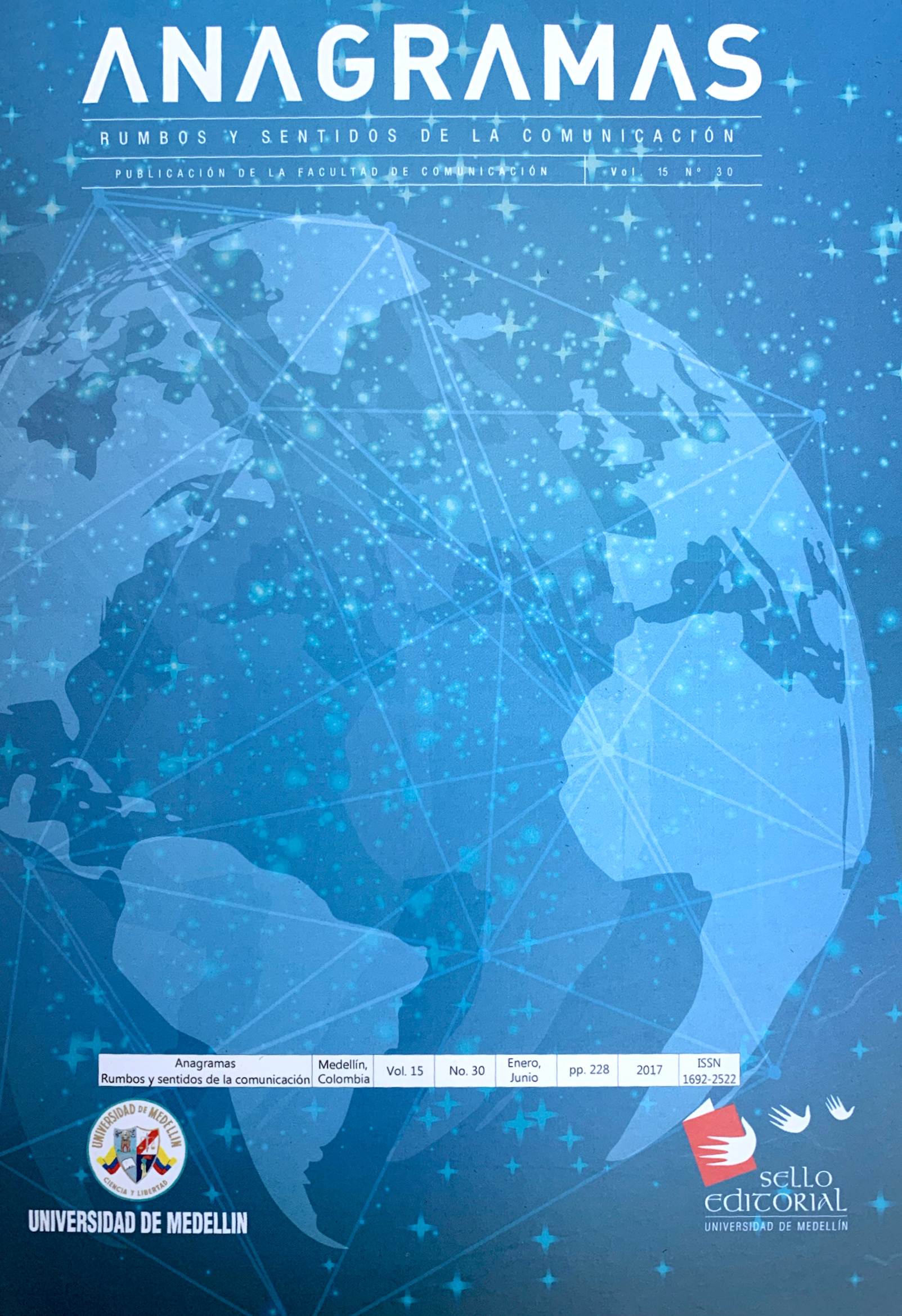The reasons for the success of podemos: populism, audiovisual communication and political marketing
Main Article Content
Abstract
This work begins describing the deep, wide socio-economic and political crisis that Spain is going through, a country in which the downfall of the pillars on which the inherited franquist regime is sustained (monarchy, elite consensus, bipartidism and the social State) is clearer every day. The neoliberal offensive, which has systematically plunged the working classes around the world into poverty, had an explosive social rupture point in our country expressed in the 15 May of 2011 movement (15M), which evidenced a deep crisis of legitimacy and representativity, to which Podemos, the party led by Pablo Iglesias, has managed to give an answer through the construction and communication of a participative, radically democratic discourse in order to fight for conquering the hegemony, referred to political theorists as Gramsci and Laclau. This has been used to build a new way of leadership and the articulation of a media strategy coherent to the reality of the country, dominated by mass media as powerful, decisive actors of the political process, while the citizenship is featured to be apathetic and unconfident about the Politic. The discourse configuration, based on concepts such as caste, people, regime crisis and constitutive process, has had a great reception in the society, and that was confirmed more a more in the elections, at which we could witness the collapse of the bipartidist system and a radical change of expectations in the Spanish political system; popular sovereignty, democracy and the Spanish people’s future are in play, and Podemos promises to be the player who is going to decide the game direction.
Article Details
References
García, A. & Fonseca Porras, E. A. (2015). El método Podemos. Marketing marxista para partidos no marxistas. Madrid: Última Línea.
García Luengo, O. (2005). Desafectos y medios de comunicación: el estado de la cuestión de una relación difusa. Panorama, Reflexión política, año 7, n.° 14. Bogotá: IEP (UNAB).
Gómez Fernández, P. (1995). El marketing político: más allá de la publicidad y las encuestas, en Muñoz-Alonso, A. & Rospir, J. I. (1995). Comunicación Política. Madrid: Editorial Universitas
Gramsci, A. (1975). Cuadernos de la cárcel. México D. F.: Editorial ERA.
Holz Bacha, C. (2003). Comunicación política: entre la privatización y la espectacularización. Buenos Aires: Diálogo Político. N.° 1.
Laclau, E. (2005). La razón populista. Buenos Aires: Fondo de Cultura Económica.
Müller, J. (2014). #PODEMOS. Deconstruyendo a Pablo Iglesias. Barcelona: Deusto.
Muñoz-Alonso, A. & Rospir, J. I. (1995). Comunicación política. Madrid: Editorial Universitas
Sartori, G. (1988). Teoría de la democracia. Madrid: Alianza.
Van Dijk T. & Rodrigo Mendizábal, I. (1999). Análisis del discurso social y político. Quito: Abya-Yala.
Wert, J. I. (2009). Los medios en España: materiales para un debate. Madrid: Fundación Ciudadanía y Valores.





